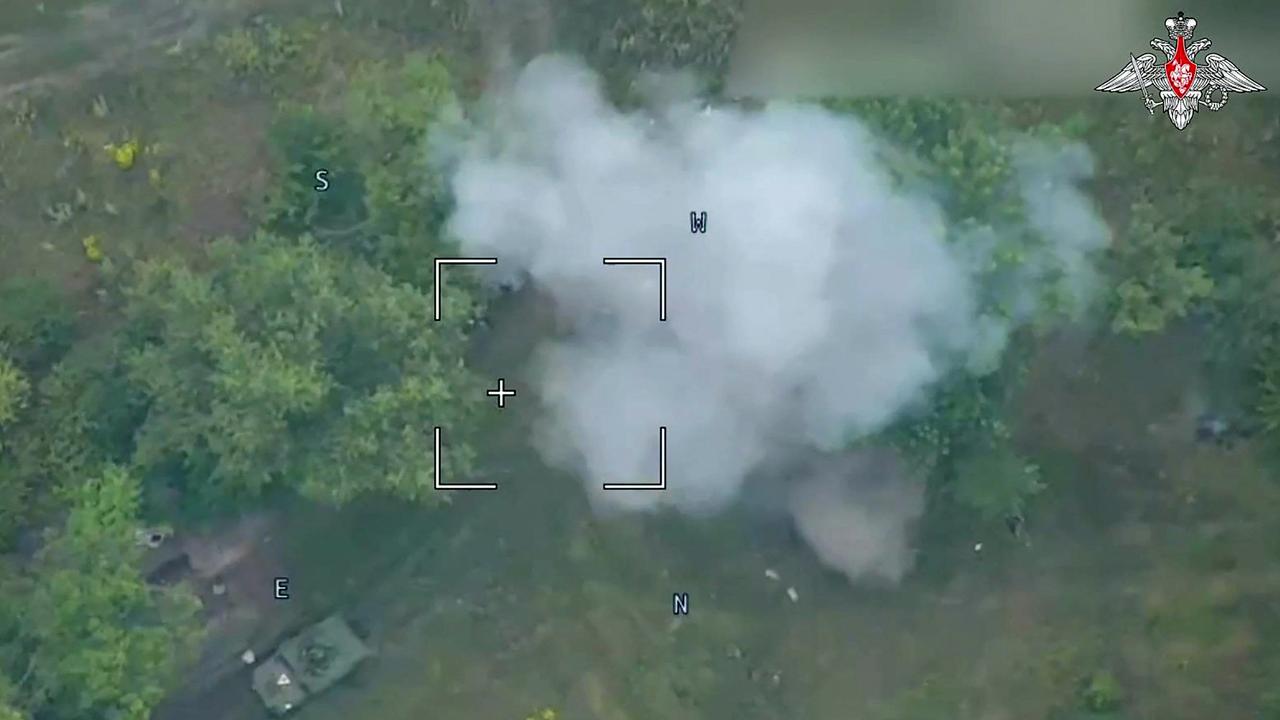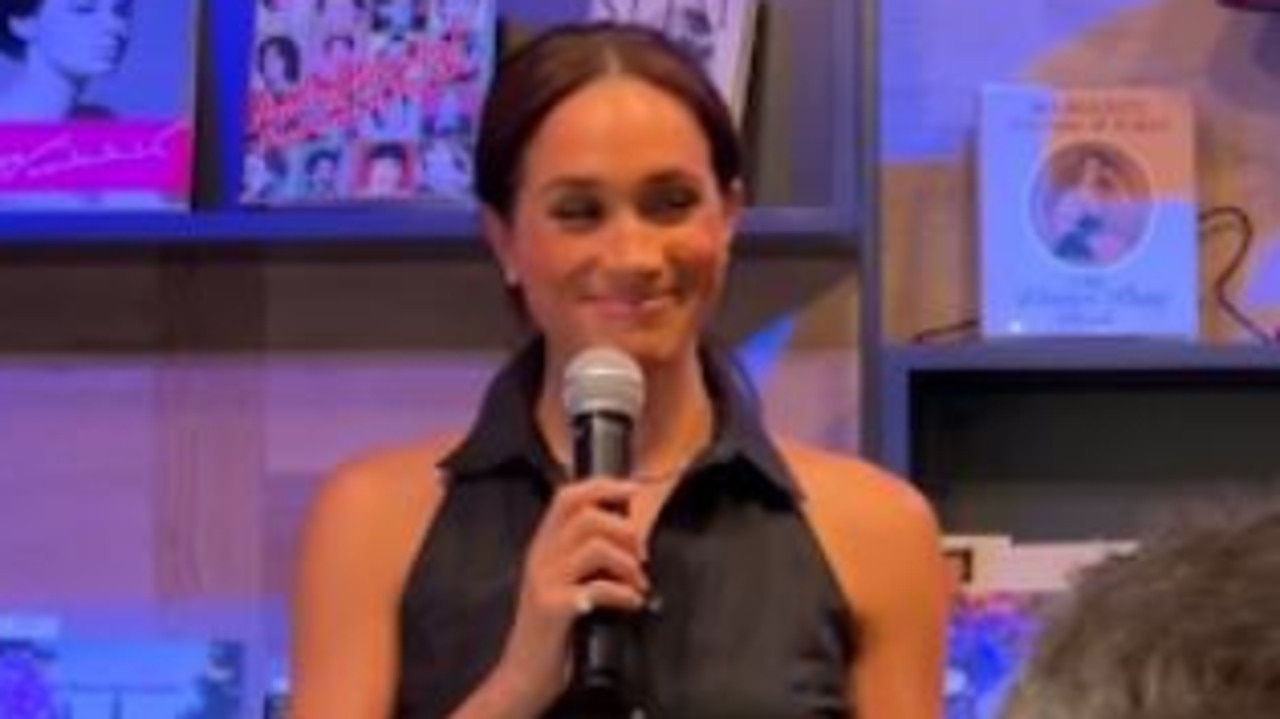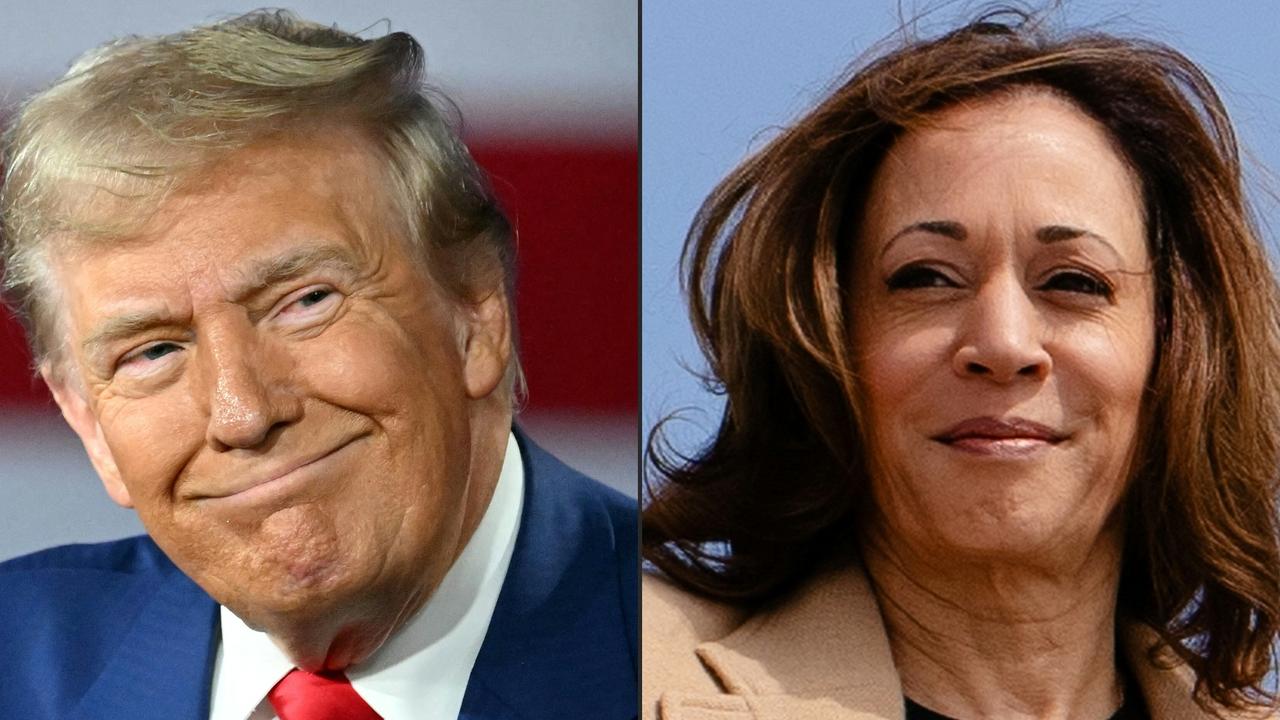Liquor and motoring groups say Albanese government’s taxes are unfair
The Albanese government is set to reap $800m from new excises but motoring and liquor groups claim the taxes are punishing ordinary people.
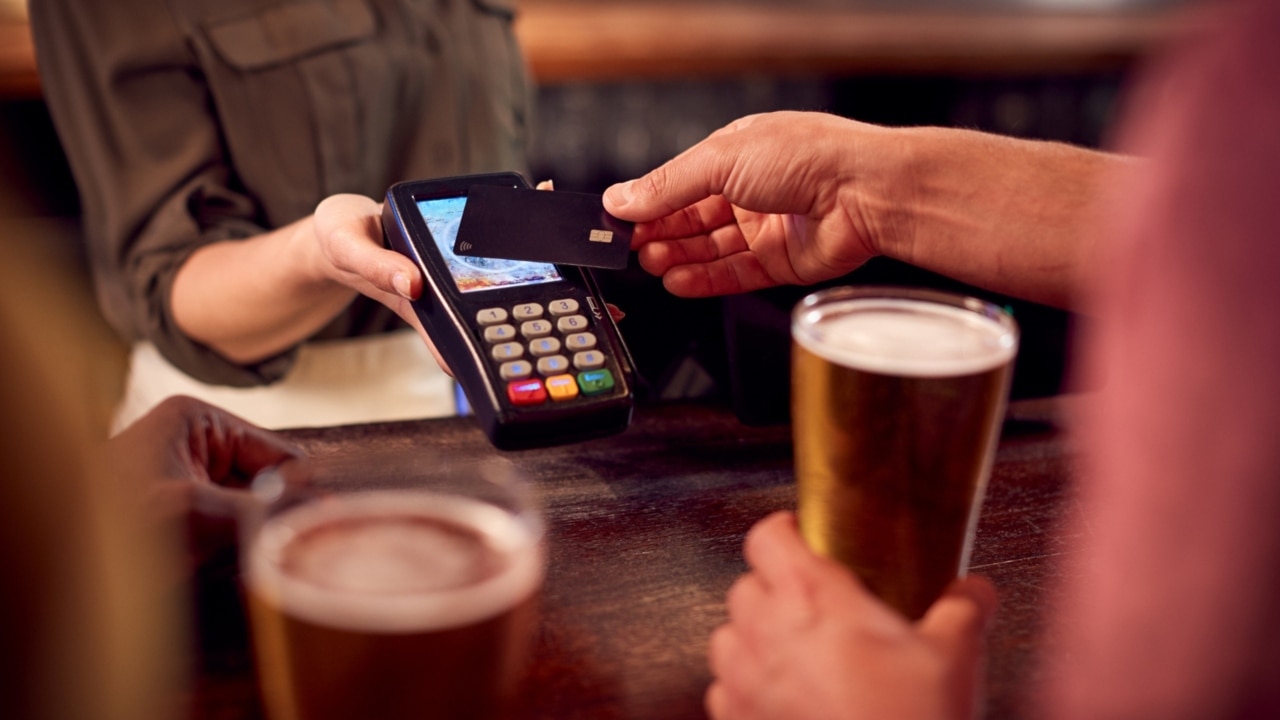
News
Don't miss out on the headlines from News. Followed categories will be added to My News.
Exclusive: The Albanese government expects to reap an $800 million windfall this financial year and $600m the next as rampant inflation delivers a deluge in fuel and alcohol tax.
Motoring groups say major reform is urgently needed so that petrol car owners aren’t left paying through the nose while electrical vehicle drivers enjoy a free ride.
The liquor industry is also calling for change, arguing that jobs in value-add Australian manufacturing are being lost and that sky-high prices are luring criminal syndicates into the “bootlegging” of booze.
Excise on fuel, beer and spirits is expected to rise by about two per cent on August 5 when duty rates are adjusted following the publication of new consumer price index (CPI) figures.
Petrol excise is set to increase to 50.6 cents per litre from 49.6c/L now, bringing the total lift since Labor came to power in Canberra in 2022 to 10 per cent or 4.6c/L.
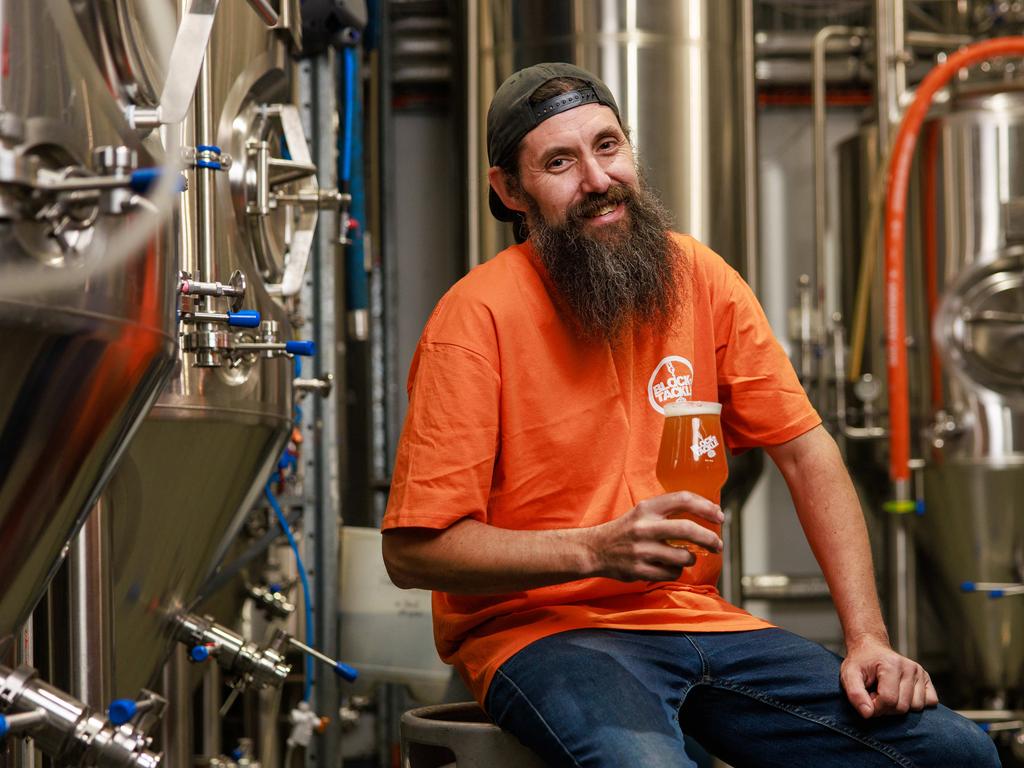
For the owner of an SUV with a 65-litre tank, the excise payable at the bowser will hit $33 per refill. Adding GST brings the total tax take to $45.
A motorist commuting 25 kilometres to and from work each day will pay more than $500 a year in excise – unless it’s an electric vehicle, in which case they will cough up absolutely nothing.
Australian Automobile Association managing director Michael Bradley told The Daily Telegraph that was unfair.
“Because electric vehicle (EV) users do not pay fuel excise, they do not contribute to the cost of building and maintaining roads, which means a decreasing proportion of owners of cars with internal combustion engines is being asked to bear the entire burden of road funding,” Mr Bradley said.

“The government should eliminate this growing inequity with a road-user charge levied at all road users, but discounted for EVs in its early stages so as not to discourage EV take-up.
“This would ensure all motorists pay a fair share toward our transport network,” Mr Bradley said.
An NRMA spokeswoman said it was also advocating for a switch to a road user charge.
“Fuel excise currently disadvantages those who drive longer distances, as well as those who cannot afford to upgrade their vehicles to newer, more fuel efficient models,” she said.
Petrol excise also rose by 0.8c/L in February when duty rates were last updated through “indexation”.
Since then, federal Labor decided to change indexation of university fee debts, tying changes to the lower rate at which wages have been rising.
By contrast, distillers say their push for relief has gotten nowhere.

“It’s falling on deaf ears, which we find frustrating,” said Australian Distillers Association chief executive Paul McLeay. “It means we lose jobs.”
Cape Byron Distillery CEO Eddie Brook said the increased duty he was paying each year was equal to the wages of an employee.
“The excise regime is reducing growth and the amount of employment by us and businesses like us,” said Mr Brook, who has 24 workers.
Since the last excise increase, the government has also committed more than $22 billion to supporting domestic manufacturing of renewable hydrogen, critical minerals and green metals through its Future Made in Australia policy.
Mr McLeay said Australia’s 700 distillery businesses were adding vast amounts of value through manufacturing but not getting support.
“Some of them can turn $300 of barley into $40,000 of whiskey,” he said. “How about some modest changes here to just stop making it worse?”
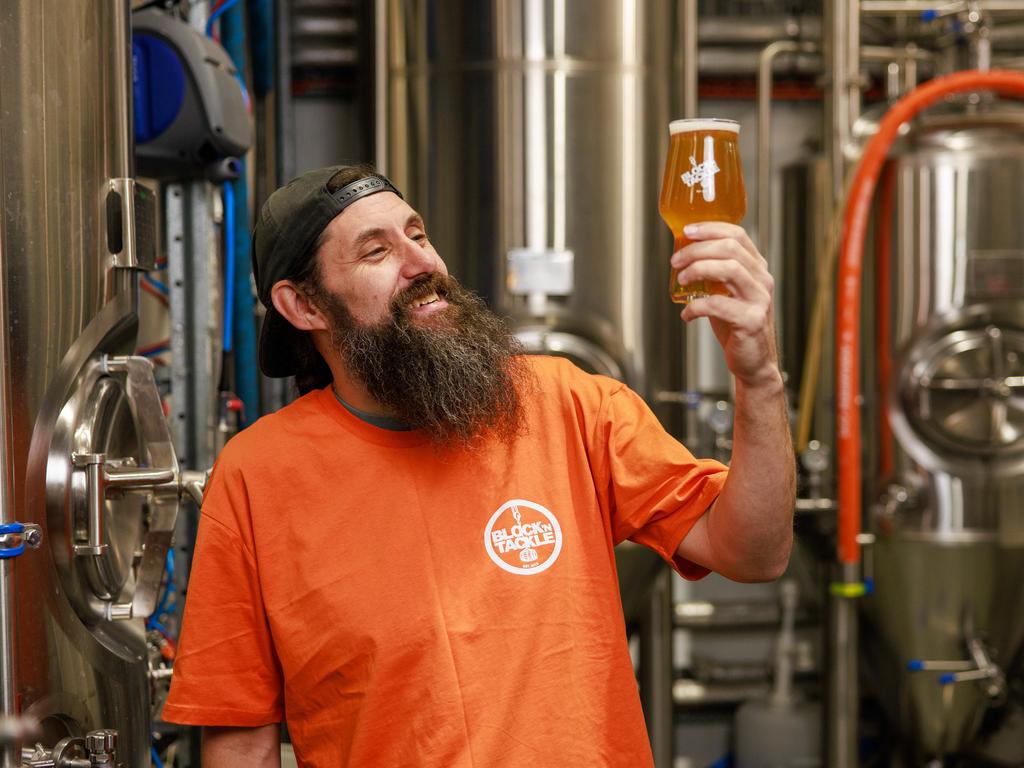
Spirits & Cocktails Australia chief executive Greg Holland said tax increases “had lured organised crime syndicates into the bootlegging of illicit alcohol.”
Mr Holland said a 2022 OECD report showed the price difference between unlawful and legal alcohol, linked to taxes and tariffs, was a key driver of illicit trade.
Police in Victoria recently conducted raids in a bootlegging crackdown.
NSW Police declined to comment. Liquor and Gaming NSW said it had not received any reports of the illegal production of liquor and sale to businesses in the past year.
Current federal budget papers show excise from petrol, beer and spirits is forecast to increase by $800m this financial year to $15.4bn and a further $600m in 2025-26. Unlike excise on alcohol and fuel, personal income tax brackets are not indexed to the CPI, allowing Canberra to reap billions more in revenue each year as wages rise.
Independent federal MP for the western Sydney seat of Fowler Dai Le said: “It’s inconsistent for the government to acknowledge that CPI adjustments are unfair on HECS (university fee) debts yet not apply the same logic to fuel excise, which affects everyday working Australians significantly.”
A spokesman for Treasurer Jim Chalmers said “we’re working with the states in a methodical, considered way to make sure we can continue to fund roads even as the tax base changes over the longer term.”
Brewery owner Paul Wakelin said although his business is small enough to fall under the excise cap threshold, it’s only a matter of time before the tax rise becomes too overwhelming for small businesses.
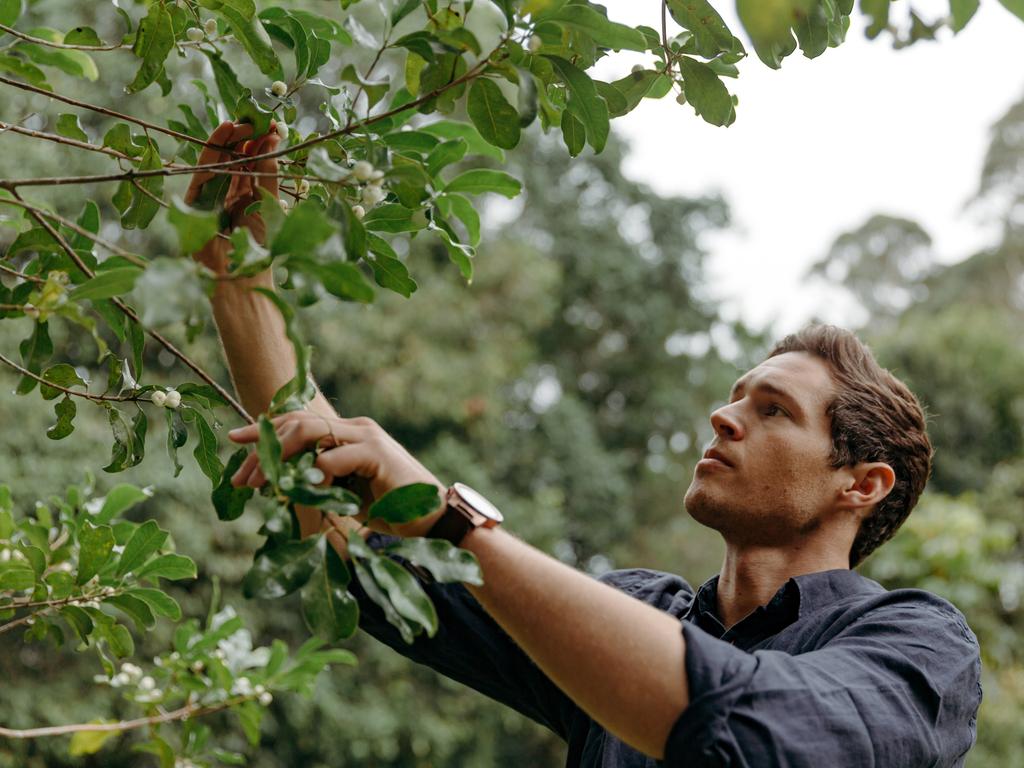
“I’ll be brutally honest, if I was made to pay that (excise) I would probably close my doors” said Wakelin.
Wakelin has altered his production process, placing less emphasis on packaged products like canned beer in an effort to avoid exceeding the cap – a method he believes could be life and death for most breweries.
“At the moment it can be the difference between keeping the doors open and closing up.”
When asked about the estimated $500 per year increase for the standard driver motorist Veronica Hryshko labelled it “really antagonising”, saying it left less money for other essentials like weekly groceries.
Alexandria based brewer Steve Norwood said:“Yeah I mean I think it’s something that everyone is affected by but I've only been in the (brewing) industry for 2-3 years and multiple breweries I’ve worked at have already gone into VA, this definitely isn’t going to help that if anything it’s a step in the wrong direction.”
More Coverage
Originally published as Liquor and motoring groups say Albanese government’s taxes are unfair





